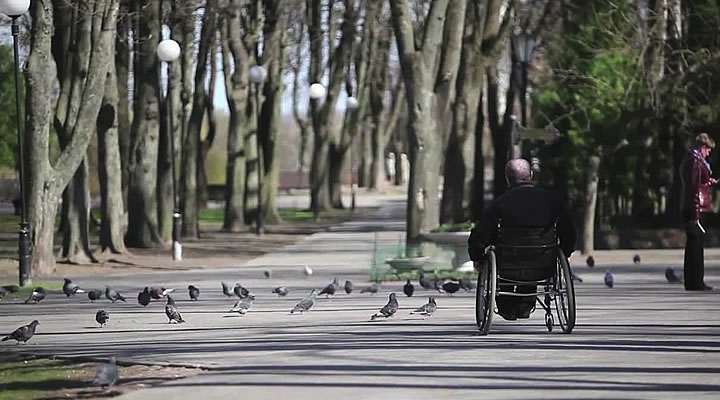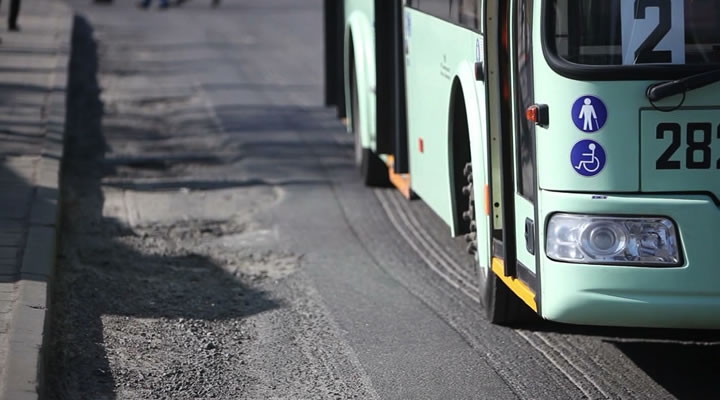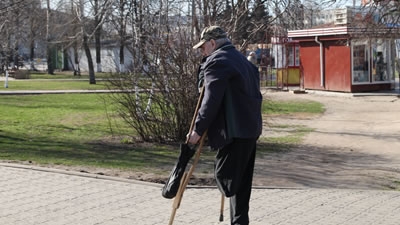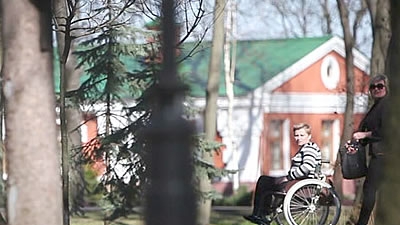It has been a long, tiresome struggle for Gennady Zolotaryov since drunken thugs attacked him and broke his spine, 19 years ago, leaving him paralyzed from the waist down.
At the time, and until very recently, Gomel City where he lives in Belarus was not wheelchair friendly.
But with the help of a World Bank Grant, Gennady and others with physical challenges started an awareness campaign and petitioned local government for more services. With a small grant of nine thousand dollars a lot has been achieved. Now their voices are finally being heard.




